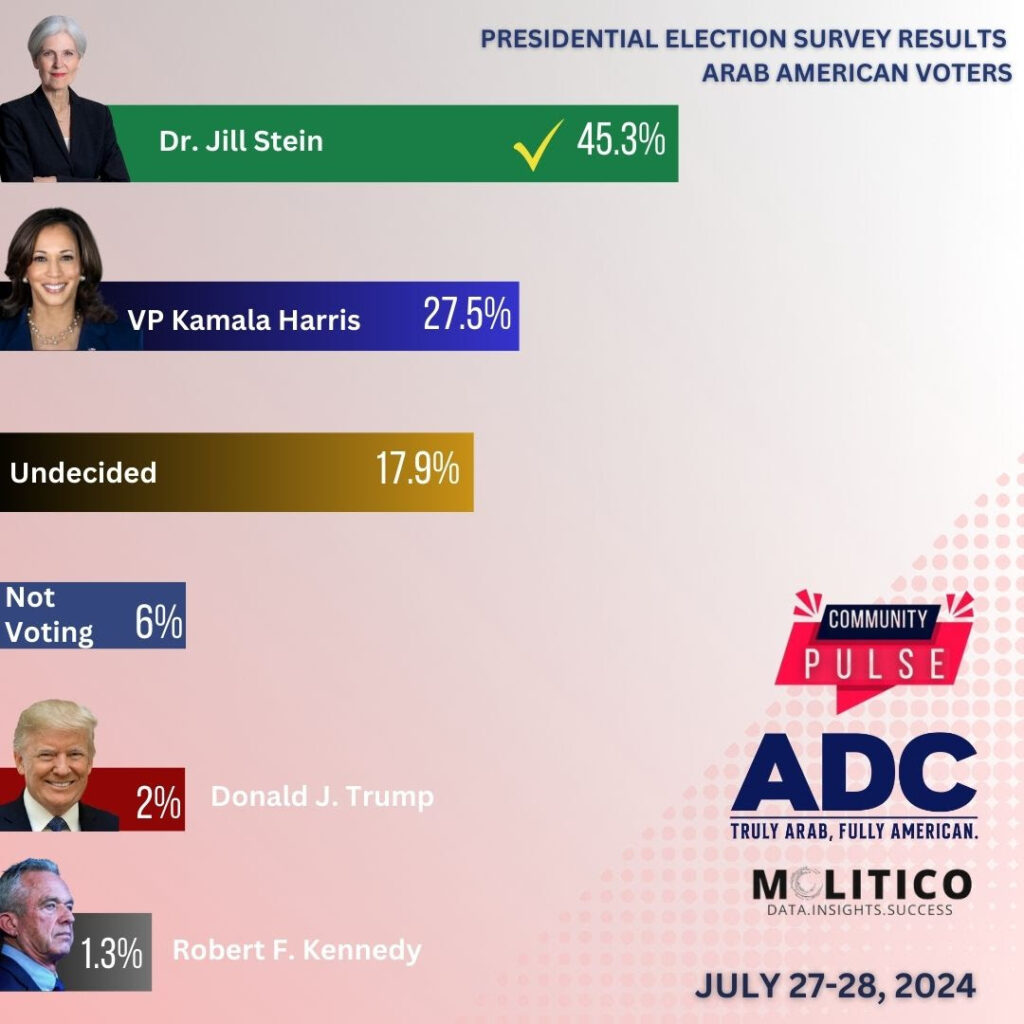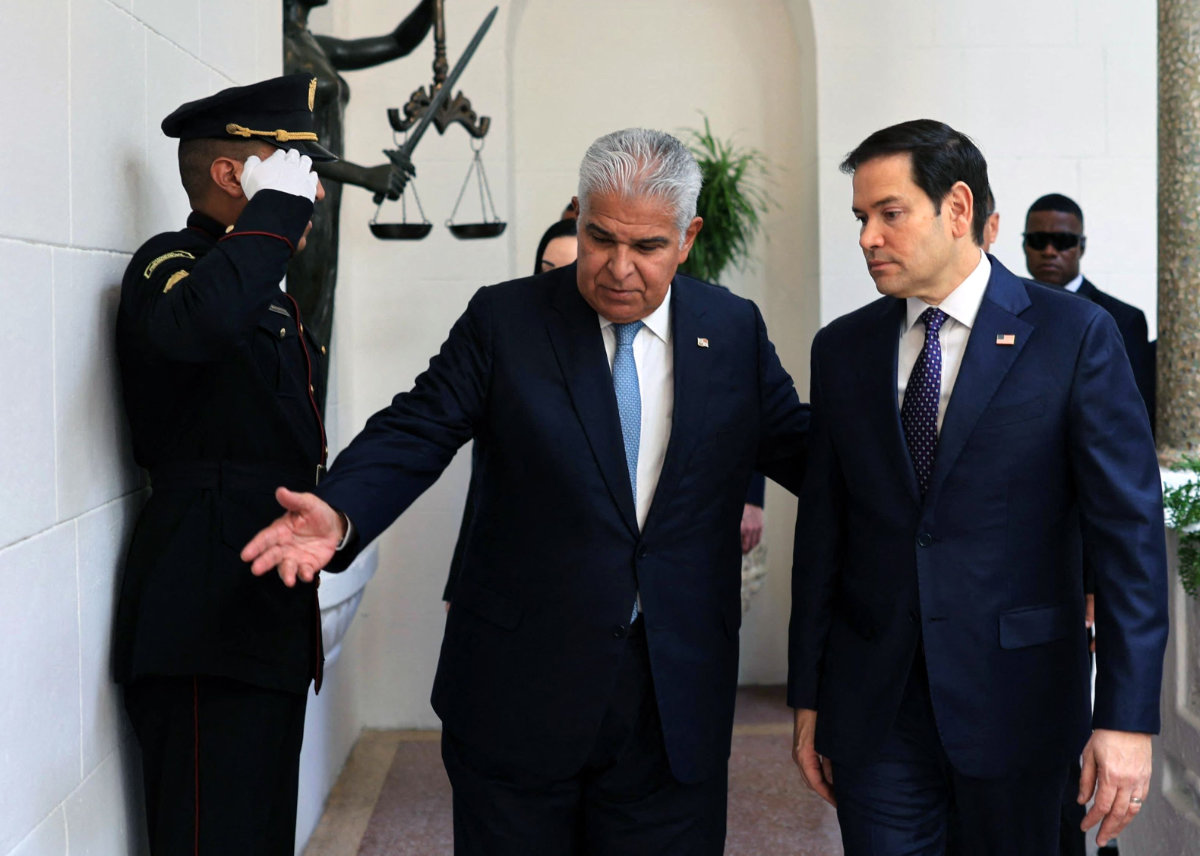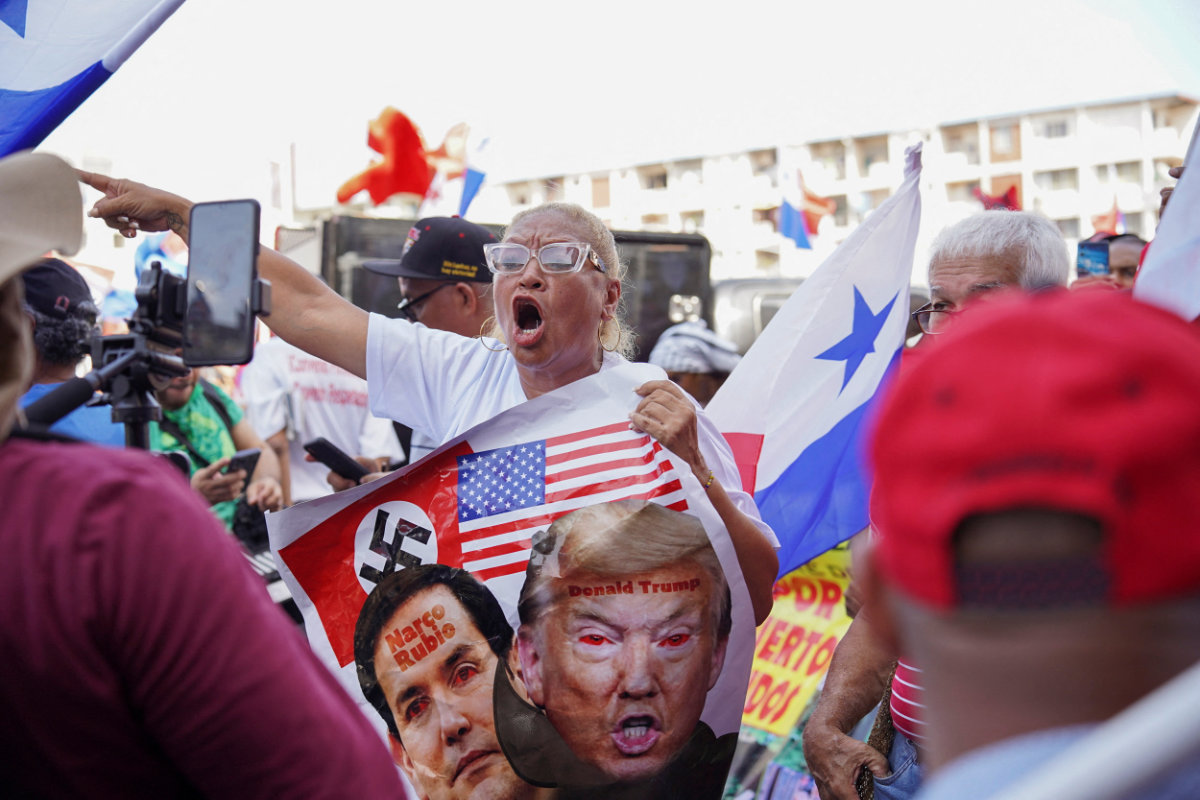RIYADH: The Green Party’s nominee for the upcoming US presidential election, Jill Stein, who is emerging as the most-favored candidate of Arab Americans, is reportedly being targeted by allies of Vice President Kamala Harris.
An employee of the Democratic National Committee, David Strange, filed a complaint Wednesday seeking to remove Stein from the ballot in the key state of Wisconsin, arguing that the party was ineligible, The Associated Press reported on Thursday.
It is the “latest move by the DNC to block third-party candidates from the ballot,” said the report, noting that Democrats are also seeking to stop independent candidate Robert F. Kennedy Jr. in several states.
The report was carried by various media outlets in the US.
Stein, known for her vocal support of Palestinian rights, has emerged as the top choice among Arab-American voters for the Nov. 5 elections, according to a poll conducted late last month by the Arab-American Anti-Discrimination Committee.
Stein, a physician and environmentalist, received support from more than 45.3 percent of the respondents, while Harris received 27.5 percent.
Republican candidate Donald Trump polled only 2 percent, while 17.9 percent were undecided.

The Green Party’s appearance on the presidential ballot could make a difference in the swing state of Wisconsin, where four of the past six presidential elections have been decided by between 5,700 and 23,000 votes, the AP report said.
Stein is expected to become the Green Party’s presidential nominee at its national convention, which begins Thursday. The party has yet to respond to the DNC’s move.
Why Jill Stein?
Arab-American voters have increasingly gravitated toward Stein owing to her advocacy for Palestinian rights and her opposition to the Israeli military’s actions in Gaza since October, the ADC’s national executive director Abed Ayoub explained earlier in a post on X.
The latest survey showed a big jump in backing since the ADC’s last opinion poll in May, where she led with 25 percent support. In that poll, President Joe Biden, who was still the presumptive Democratic candidate before he withdrew from the race in July, got 7 percent of the Arab-American vote.
Trump polled only 2 percent.
Chris Habiby, the national government affairs and advocacy director for the ADC, said Stein’s support for a two-state solution and an end to Israel’s brutal military offensive in the Gaza Strip is driving her popularity among Arab- and Muslim-American voters.
Israel’s military campaign in the Gaza Strip has killed over 40,000 civilians, most of them women and children.
“Dr. Jill Stein has been very clear and emphatic in her anti-genocide message,” Habiby said on The Ray Hanania Radio Show, as reported earlier in Arab News.
In his column in Arab News, Hanania noted that while the poll numbers for Harris was much better compared to Biden’s, her scornful response to a handful of Detroit protesters calling on her to press for a ceasefire in Gaza may not augur well for her campaign.
Hanania said her response was “a major political blunder that has sparked robust debate in many swing states.” This was where Arabs and Muslims showed during the Democratic primary elections, over the past six months, that “they can deflect thousands of votes away from Biden.”
This had erased his slim margin of victory in 2020 over Trump, wrote Hanania.
“The Democrats are afraid to acknowledge the anti-Biden vote, and the likelihood that it will grow if Harris refuses to take the Arab and Muslim community seriously,” Hanania added.
Opinion
This section contains relevant reference points, placed in (Opinion field)
Veteran pollster John Zogby, president and founder of the polling company John Zogby Strategies, noted that Harris was currently leading the upward trendline mainly because she was enjoying a short honeymoon driven by her newness as a candidate.
However, this popularity could change, he said, noting that Arab and Muslim voters have more influence today than they have ever had since first settling in this country, and that the issue driving their vote was Gaza.
In 2022, 2.2 million people in the US reported having Arab ancestry in that year’s Arab Community Survey. The majority are native-born, and 85 percent in the US are citizens.
While the community traces its roots to every Arab country, the majority have ancestral ties in Lebanon, Egypt, Syria, Palestine and Iraq. The top four states by Arab-American population size are California, Florida, Minnesota and Michigan.
DNC’s ‘Strange’ argument
The last time Stein was on the ballot in Wisconsin for the Green Party was in 2016, when she got just over 31,000 votes — more than Trump’s winning margin that year of just under 23,000 votes.
Some Democrats blamed Stein for helping Trump win the state and the presidency, the AP report said.

Green Party presidential candidate Jill Stein speaks at a Pro-Palestinian protest in front of the White House on June 8, 2024 in Washington, DC. (Getty Images via AFP)
The bipartisan elections commission in February unanimously approved ballot access for the Green Party’s presidential nominee this year because the party won more than 1 percent of the vote in a statewide race in 2022.
Green Party candidate Sharyl McFarland got nearly 1.6 percent of the vote in a four-way race for secretary of state, coming in last.
But the complaint filed with the commission by Strange, deputy operations director in Wisconsin for the DNC, alleges that the Green Party cannot nominate presidential electors in Wisconsin, and without them they are forbidden from having a presidential candidate on the ballot.
State law requires that those who nominate electors in October be state officers, which includes members of the legislature, judges and others. They could also be candidates for the legislature.
The Green Party does not have anyone who qualifies to be a nominator, and therefore cannot legally name a slate of presidential electors as required by law, the complaint alleges.
Because the Green Party could have mounted write-in campaigns for legislative candidates in Tuesday’s primary, but did not, the complaint could not have been brought any sooner than Wednesday, the filing alleges.
“We take the nomination process for President and Vice President very seriously and believe every candidate should follow the rules,“ Adrienne Watson, senior adviser to the DNC, said in a statement.
“Because the Wisconsin Green Party hasn’t fielded candidates for legislative or statewide office and doesn’t have any current incumbent legislative or statewide office holders, it cannot nominate candidates and should not be on the ballot in November.”
This is not the first time the Green Party’s ballot status has been challenged.
In 2020, the Wisconsin Supreme Court kept the Green Party presidential candidate off the ballot after it upheld a deadlocked Wisconsin Elections Commission, which could not agree on whether the candidates filed proper paperwork.
This year, in addition to the Republican, Democratic and Green parties, the Constitution and Libertarian parties also have ballot access.
The commission is meeting on Aug. 27 to determine whether four independent candidates for president, including Kennedy and Cornel West, meet the requirements to appear on the ballot.
The DNC member, Strange, has asked that the commission also consider its complaint at that meeting.
The AP report stated that there “are signs in some swing states, including Wisconsin, that those behind third-party candidates are trying to affect the outcome of the presidential race by using deceptive means — and in most cases in ways that would benefit Trump.
“Their aim is to offer left-leaning, third-party alternatives who could siphon off a few thousand protest votes.”
The latest Marquette University Law School poll conducted July 24 through Aug. 1 showed the presidential contest in Wisconsin between Democrat Harris and Trump to be about even among likely voters.
Stein barely registered, with about 1 percent support, while Kennedy had 6 percent.
































